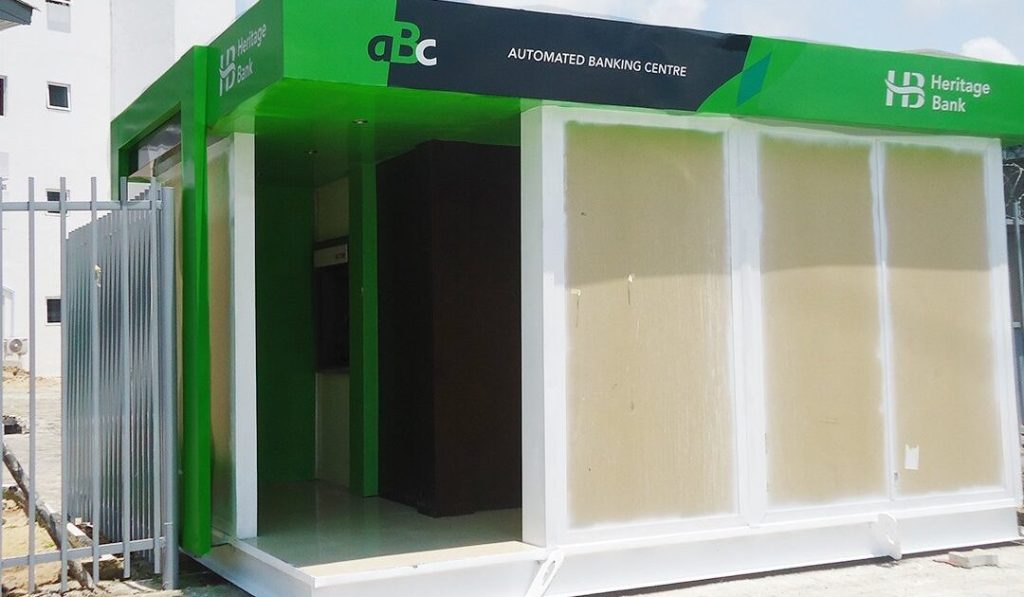The Nigeria Deposit Insurance Corporation (NDIC) has announced a significant development in the liquidation process of the defunct Heritage Bank. The first tranche of liquidation dividends for uninsured depositors is scheduled for declaration in April 2025, followed by subsequent disbursement. This announcement signals progress in asset realization and debt recovery efforts undertaken by the NDIC since the Central Bank of Nigeria revoked Heritage Bank’s license in June 2024. The NDIC, acting as the appointed liquidator, has been actively managing the bank’s assets and liabilities, prioritizing the settlement of depositor claims as mandated by the NDIC Act 2023. The upcoming dividend declaration underscores the NDIC’s commitment to fulfilling its mandate of protecting depositors and ensuring the stability of the Nigerian financial system.
The NDIC’s statement emphasizes the adherence to legal procedures and prioritization of depositor claims in the liquidation process. Section 72 of the NDIC Act 2023 explicitly outlines the precedence of deposit liabilities over other financial obligations in cases of bank failure. This means that all depositors, both insured and uninsured, will be prioritized in the distribution of recovered funds. The pro-rata basis of payment ensures equitable distribution among uninsured depositors, meaning they will receive a portion of their remaining balances proportionate to the overall recovery. This approach reinforces the NDIC’s commitment to fairness and transparency in handling the liquidation process.
The process of reimbursing insured depositors, those with balances up to N5 million, is already underway. The NDIC has reported substantial progress in these payments, highlighting its proactive approach to mitigating the impact of the bank’s failure on smaller depositors. However, the corporation acknowledges that certain challenges have hindered some insured depositors from receiving their entitled funds. These obstacles primarily relate to incomplete or inaccurate account information, including missing Bank Verification Numbers (BVNs), inactive alternate accounts, and discrepancies in account names. Furthermore, some accounts have been flagged with post-no-debit restrictions, further complicating the disbursement process. The NDIC urges affected depositors to address these issues promptly to facilitate smooth payment.
Beyond the insured limit of N5 million, the NDIC is focusing on maximizing the recovery of funds to address the claims of uninsured depositors. The corporation is actively pursuing the sale of Heritage Bank’s physical assets and the recovery of outstanding debts. This dual-pronged approach aims to generate the necessary funds to pay liquidation dividends to those with balances exceeding the insured amount. The NDIC’s strategy of simultaneously reimbursing insured depositors while pursuing asset realization demonstrates a commitment to expedite the liquidation process and minimize the financial impact on all affected depositors.
Transparency and public awareness are key components of the NDIC’s approach. The corporation has widely publicized the asset disposal process, utilizing various channels, including its website, social media platforms, national newspapers, and radio and television broadcasts. This open communication strategy aims to ensure a fair and competitive bidding process for the bank’s assets, ultimately maximizing the returns for depositors. The NDIC also emphasizes the importance of depositors’ vigilance in monitoring their accounts and proactively resolving any discrepancies that may hinder the payment process. This collaborative effort between the NDIC and depositors is crucial for the efficient execution of the liquidation process.
The NDIC reiterates its commitment to safeguarding depositor funds and maintaining the stability of the Nigerian banking sector. The ongoing liquidation of Heritage Bank serves as a reminder of the NDIC’s crucial role in protecting depositors and ensuring confidence in the financial system. By prioritizing depositor claims, adhering to legal procedures, and maintaining transparent communication, the NDIC aims to minimize the disruption caused by bank failures and uphold the integrity of the Nigerian banking industry. The NDIC encourages continued confidence in the banking system, emphasizing the solvency and security of other licensed banks. This assurance, coupled with the proactive measures taken in the Heritage Bank liquidation, aims to maintain public trust and stability within the financial landscape.














